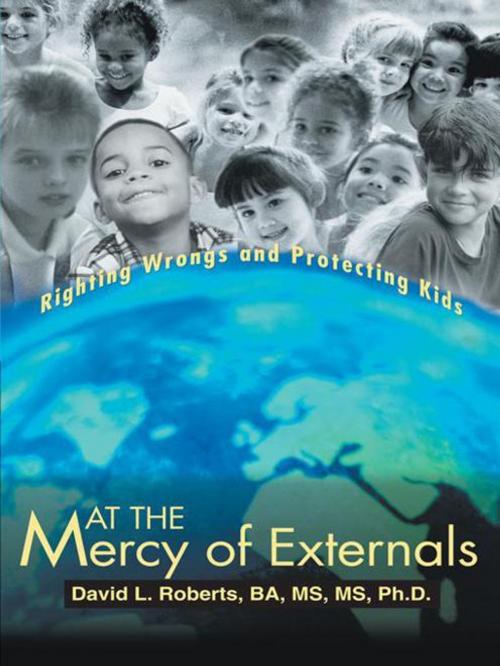At the Mercy of Externals
Righting Wrongs and Protecting Kids
Nonfiction, Health & Well Being, Psychology, Reference, Education & Training| Author: | David L. Roberts BA MS MS Ph.D. | ISBN: | 9781475916393 |
| Publisher: | iUniverse | Publication: | May 24, 2012 |
| Imprint: | iUniverse | Language: | English |
| Author: | David L. Roberts BA MS MS Ph.D. |
| ISBN: | 9781475916393 |
| Publisher: | iUniverse |
| Publication: | May 24, 2012 |
| Imprint: | iUniverse |
| Language: | English |
Protecting children from all forms of abuse and understanding their formative years is on the minds of todays professionals and families. In At the Mercy of Externals, author Dr. David L. Roberts provides a practical model to successfully guide kids into adulthood.
He introduces his Roberts FLAGS model (or RFLAGS), which explains how we tend to act out emotion-based anxiety rather than face the issues from the past that are often fueling our negative emotions of Fear, Loneliness, Anger, Guilt, and Shame. The model serves as a visual and intellectual way to understand the development of maladaptive behavior, and it is a means of helping us to understand that behavior is not necessarily representative of who we are as a person.
A companion to Psyche-Soul-ology, At the Mercy of Externals advocates a two-step approach to the problems families, kids, and professionals face in various situations and contexts. Roberts uses examples from his dysfunctional childhood, combined with his professional experiences helping at-risk youth, to demonstrate the importance of repairing our lives as adults as a preliminary step to nurturing and protecting children.
Protecting children from all forms of abuse and understanding their formative years is on the minds of todays professionals and families. In At the Mercy of Externals, author Dr. David L. Roberts provides a practical model to successfully guide kids into adulthood.
He introduces his Roberts FLAGS model (or RFLAGS), which explains how we tend to act out emotion-based anxiety rather than face the issues from the past that are often fueling our negative emotions of Fear, Loneliness, Anger, Guilt, and Shame. The model serves as a visual and intellectual way to understand the development of maladaptive behavior, and it is a means of helping us to understand that behavior is not necessarily representative of who we are as a person.
A companion to Psyche-Soul-ology, At the Mercy of Externals advocates a two-step approach to the problems families, kids, and professionals face in various situations and contexts. Roberts uses examples from his dysfunctional childhood, combined with his professional experiences helping at-risk youth, to demonstrate the importance of repairing our lives as adults as a preliminary step to nurturing and protecting children.















